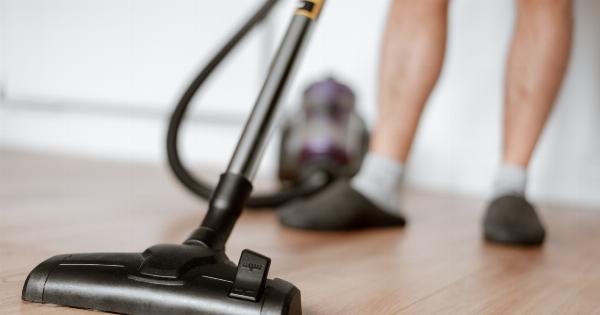Sleep is one of the most important aspects of our lives, yet many of us struggle to get the restful sleep we need each night.
Getting a good night’s sleep is essential for maintaining physical and mental health, improving memory and concentration, and boosting our overall sense of well-being. But what can you do if you find yourself tossing and turning, unable to drift off into a peaceful slumber? Here are ten secrets to a more restful sleep that you can try tonight!.
1. Stick to a Consistent Sleep Schedule
One of the most important things you can do to improve the quality of your sleep is to establish a consistent sleep schedule. Go to bed and wake up at the same time every day, even on weekends.
This helps regulate your body’s internal clock and makes it easier to fall asleep and stay asleep.
2. Create a Relaxing Sleep Environment
Your sleep environment plays a crucial role in how well you sleep. Invest in a comfortable mattress and pillows, keep your bedroom cool and dark, and minimize noise and distractions.
Use blackout curtains or a sleep mask to block out light, and consider using earplugs or a white noise machine to drown out any ambient noise.
3. Avoid Stimulants Before Bed
Stimulants like caffeine and nicotine can interfere with your sleep, making it harder to fall asleep and causing you to wake up more frequently during the night. Avoid consuming caffeine, nicotine, and alcohol for at least four to six hours before bed.
4. Wind Down Before Bedtime
Take some time to unwind and relax before bedtime. This can help reduce stress and anxiety, making it easier to fall asleep. You could try taking a warm bath, reading a book, practicing yoga or meditation, or listening to calming music.
5. Exercise Regularly
Regular exercise can help improve the quality of your sleep, as well as boost your overall health and well-being.
Aim for at least 30 minutes of moderate exercise most days of the week, but avoid exercising too close to bedtime, as this can make it harder to fall asleep.
6. Watch What You Eat
Eating a healthy, balanced diet can help improve your sleep, as can avoiding big meals and heavy, high-fat or high-sugar snacks before bedtime.
If you’re hungry before bed, try a small, light snack that won’t leave you feeling too full or uncomfortable.
7. Manage Stress and Anxiety
Stress and anxiety can have a significant impact on sleep quality. To help manage stress and anxiety, try practicing relaxation techniques like deep breathing, progressive muscle relaxation, or meditation.
Counseling or therapy can also be helpful if you’re struggling to cope with stress or anxiety on your own.
8. Limit Screen Time Before Bed
The blue light emitted by electronic devices like smartphones, tablets, and computers can interfere with your body’s natural sleep cycle.
Limit your use of electronic devices before bedtime, or consider using a blue light filter or wearing blue light blocking glasses.
9. Consider Natural Sleep Aids
If you’re having trouble sleeping, natural sleep aids like melatonin, valerian root, or chamomile tea may be worth trying.
However, talk to your doctor first before starting any new sleep aids, as they can interact with other medications or health conditions.
10. Don’t Toss and Turn
If you find yourself struggling to fall asleep, don’t lie in bed tossing and turning. Instead, get up and do something calming and relaxing, like reading a book or listening to music. Once you start to feel drowsy again, return to bed and try to sleep.





























